
“We’re still here”
Report of the Inquiry into detentions under the Adult Guardianship Act
In November 2023, B.C.’s Human Rights Commissioner launched an inquiry into involuntary detentions under the Adult Guardianship Act (AGA). In April 2025, the Commissioner released her findings and recommendations.
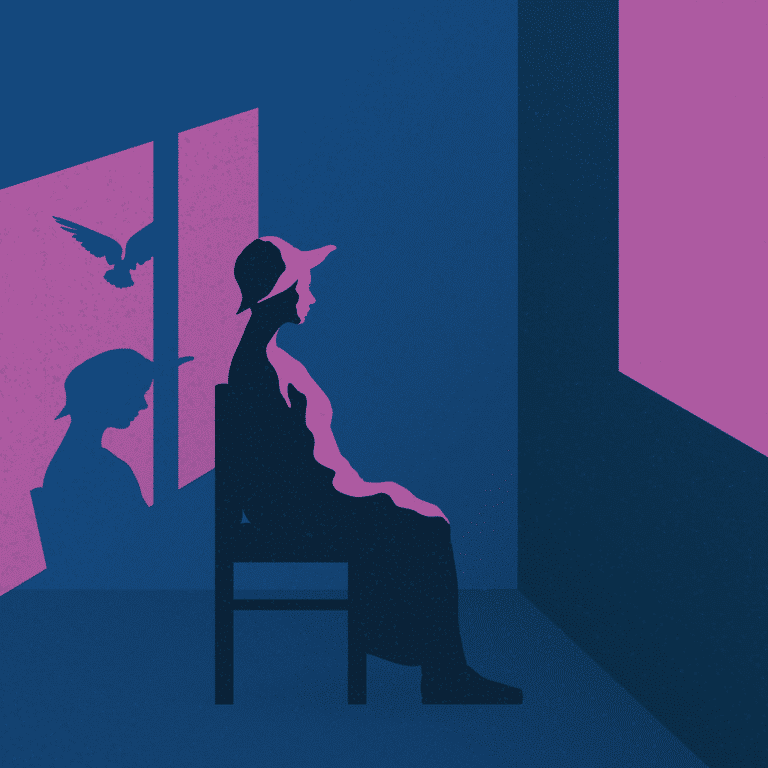
Watch the press conference
The Commissioner released this inquiry report on Tuesday, Apr. 8, 2025.
- Read the media advisory (Apr. 1, 2025)
- Read the press release and backgrounder (Apr. 8, 2025)
- Read the press release launching the inquiry (Nov. 30, 2023)


Report of the Inquiry into detentions under the Adult Guardianship Act
“We’re still here”
The Adult Guardianship Act (AGA) permits designated agencies such as health authorities to provide emergency assistance to adults who appear to be abused or neglected and seem incapable of giving or refusing consent to receive care. Relying on this legislation, designated agencies have detained many adults in hospitals or care facilities. However, the law is unclear about the scope and usage of these emergency powers. The Inquiry into detentions under the AGA looked into how these emergency powers work and whether detention practices align with human rights laws and standards.
The “We’re still here” report shares what we learned during the Inquiry. This includes the following findings (described in more detail below):
- there are disproportionate impacts on seniors, people who are unhoused and people with disabilities, including people with mental health and substance use issues, which amount to systemic discrimination
- detentions impact a significant number of adults
- transparency and oversight are lacking
- adults’ rights to fair process have not been adequately respected
- in some cases, designated agencies are detaining adults without legal authority
*For desktop viewers, we recommend setting your pdf reader to two-page view.
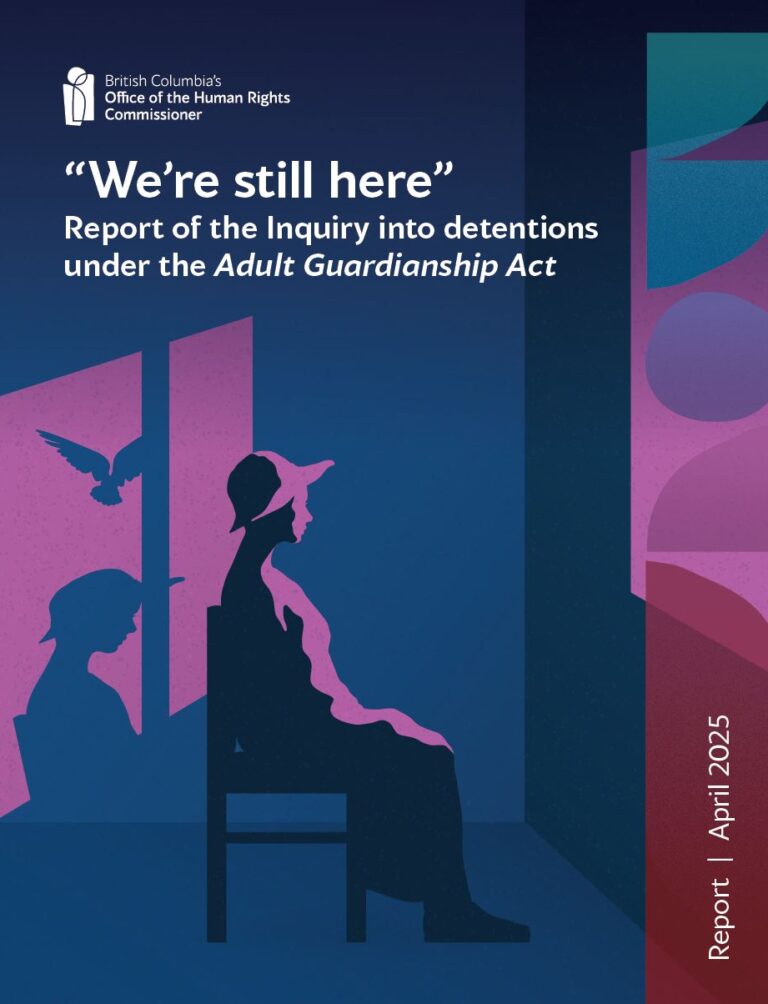
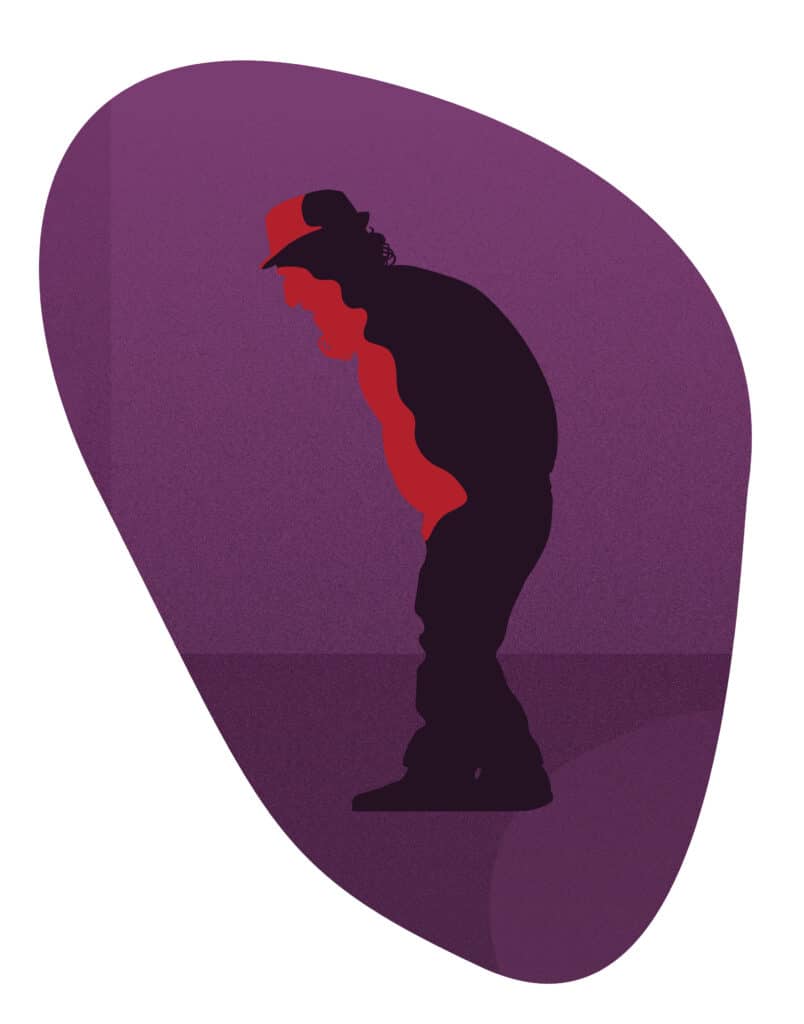
Why did we look into this?
Adults who are abused or neglected are some of the most vulnerable people in our society. When an agency determines one of those adults is unable to give or refuse consent to treatment, there is a risk that adult’s right to autonomy will not be properly balanced with the need to ensure their safety.
Despite this risk, there are a lot of unknowns about how the Adult Guardianship Act (AGA) is used. This Inquiry looked into:
- whether the AGA allows designated agencies to detain adults in a care facility without consent
- whether such detentions are always proportionate to the circumstances
- how many adults are detained under the AGA each year or for how long
- what the demographic characteristics of detainees have been
The Inquiry’s process
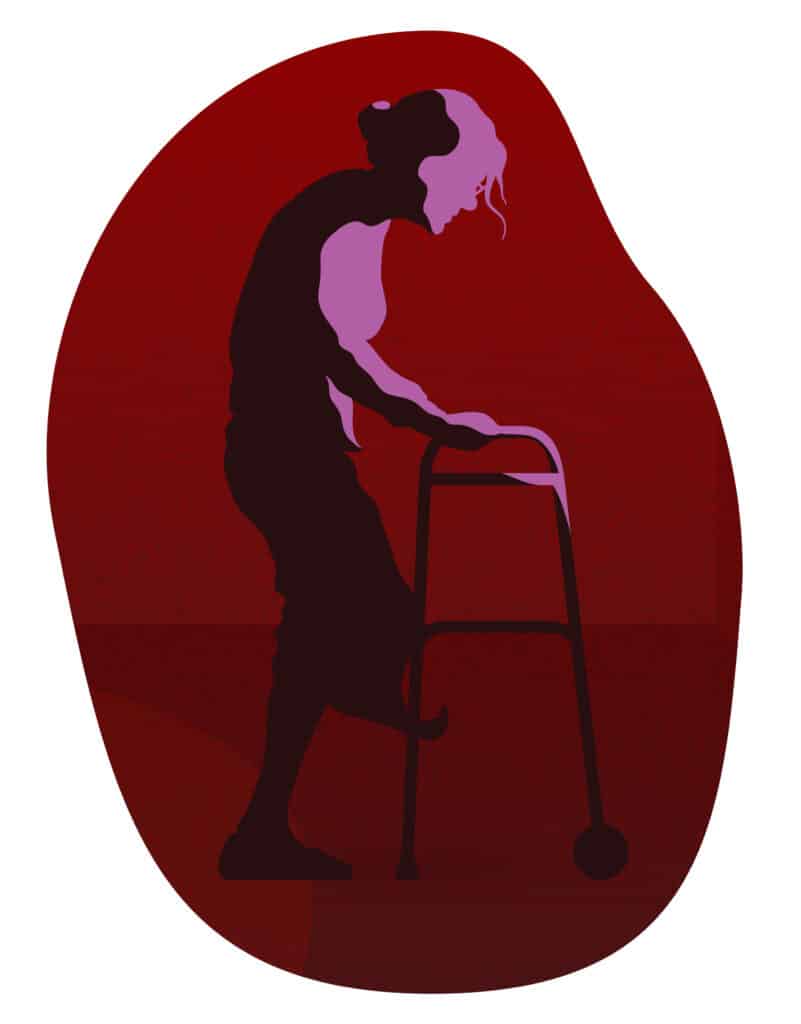
The Inquiry’s process included production orders issued to seven agencies to provide data on involuntary detentions of vulnerable adults, including Fraser Health Authority, Interior Health Authority, Island Health Authority, Northern Health Authority, Vancouver Coastal Health, Community Living BC and Providence Health Care.
The inquiry also reviewed information from the Ministry of Attorney General, the Ministry of Health and the Public Guardian and Trustee.
In addition, the Commissioner held two community engagement sessions, conducted interviews with family members of adults who were detained under the AGA and interviewed staff in each designated agency.
The Commissioner used Canada’s international human rights law commitments as the framework for the analysis.
Summary of findings
This Inquiry—and the Commissioner’s findings and recommendations—are not intended to undermine the important goals of protecting vulnerable adults. Rather, the Inquiry is about ensuring that, when the state exercises extraordinary powers that interfere with an adult’s liberty, the exercise of power accords with human rights laws and standards. The goal is to both protect people from harm and not cause further harm in the process, by respecting their human rights as required by international human rights law.
The Commissioner found:
1
Detentions under s. 59(2) of the AGA impact a significant number of adults. Between 2018 and September 2023, designated agencies detained 300 people a total of 340 times. The median length of detentions was six days, while the maximum was 212 days.
2
Transparency and oversight over detention are lacking. The Commissioner found a lack of transparency both at a systemic and individual level. Specifically, the Commissioner found a lack of publicly available information on how this law is administered; a tendency to restrict information to representatives, legal counsel and family/friends; with limited ability to seek independent review or oversight.
3
Adults’ rights to fair process have not been adequately respected. Detention is a significant interference with liberty that must be accompanied by adequate safeguards to prevent arbitrariness.1 Such safeguards include rights notification; clear criteria, reasons or timelines for detention;2 prompt and full disclosure of the information on which the decision to detain is based;3 access to counsel;4 and independent oversight and periodic review procedures.5 These safeguards are largely lacking for s. 59 AGA detentions both in law and in practice.
4
Designated agencies who are detaining adults are doing so without legal authority. The Commissioner found that significant concerns around illegality are raised in some, but not all detentions, including inconsistent and improper reliance on s. 59(2); evidence of detentions beyond the time necessary to address the emergency; failure by designated agencies to seek support and assistance court orders; uncertain police authority; and detentions occurring under “doctor’s orders.”
5
Disproportionate impact of detention practice on seniors, people who are unhoused and people with disabilities, including people with mental health and substance use issues, results in systemic discrimination. The Commissioner concludes that the current approach to detention under s.59(2) of the AGA is discriminatory because the harms of detention—including the fact that many adults are being detained beyond the scope of the legal authority granted by the AGA and without due regard to their procedural rights—are disproportionately experienced by seniors, people who are unhoused and people with disabilities. The Commissioner is not concluding that any and every detention of vulnerable adults who are apparently abused or neglected is necessarily discriminatory, but that the current system and practices for detention do result in inequality.
Summary of recommendations
The Commissioner makes 10 recommendations to the Ministry of Attorney General, the Ministry of Health and the designated agencies for change, including that they:
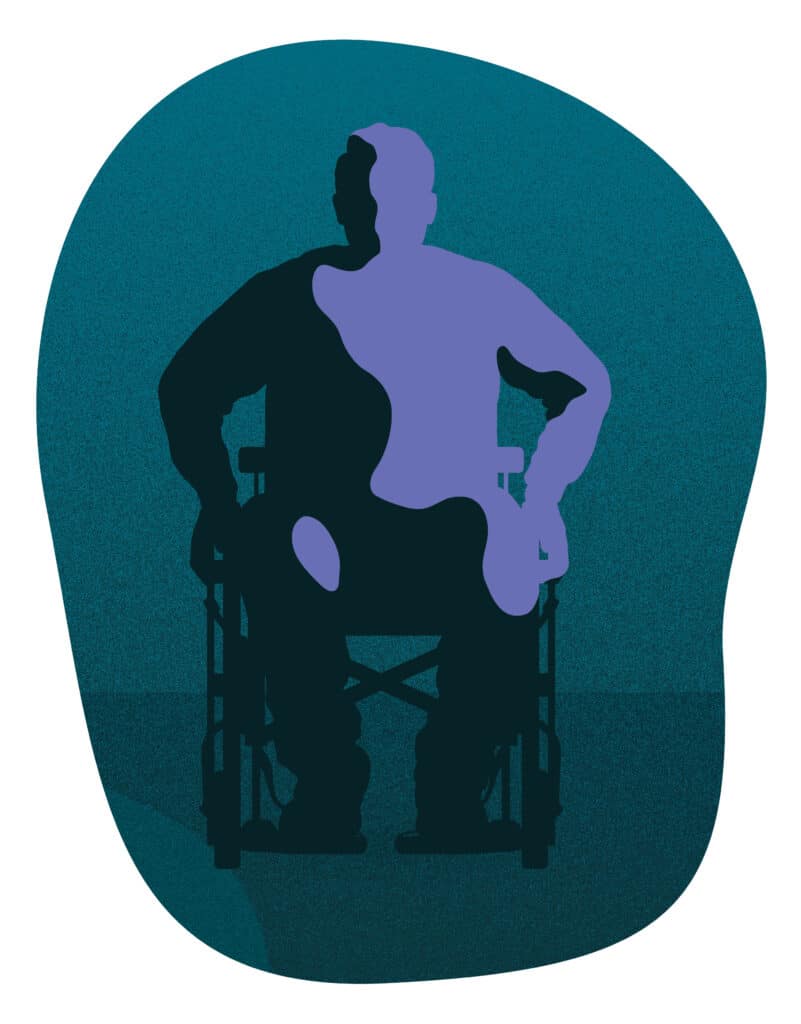
- immediately stop detaining adults for longer than the duration of an emergency and ensure all detained adults receive written reasons for being detained
- provide legal advice and representation to all adults who are detained
- introduce amendments to the AGA to clarify whether detention is allowed in emergency situations
- develop provincial regulations, policies or guidelines to support implementation of legislative changes to ensure rights are respected
- make data reporting mandatory, develop provincial data standards, and require annual public reporting
- develop mandatory provincial training
- consult on the role of police under Part 3 of the AGA
- assess and report publicly on the community health resources that are required to reduce the number and length of detentions of adults under the AGA
- create an independent mechanism for detained adults to challenge their detentions and their conditions
- create an independent officer of the legislature with oversight of detentions in health care facilities
References
[1] UN Human Rights Committee (HRC), General Comment 35 on Article 9, para. 19.
[2] UN Human Rights Committee (HRC), General Comment 35 on Article 9, para. 24.
[3] UN Human Rights Committee (HRC), General Comment 35 on Article 9, para. 25.
[4] UN Human Rights Committee (HRC), General Comment 35 on Article 9, paras. 23, 46, 58, 59.
[5] UN Human Rights Committee (HRC), General Comment 35 on Article 9, paras. 4, 19, 44.
An inquiry is an official study. The Commissioner can use an inquiry to help promote or protect human rights in B.C. Rules for inquiries are found in the Human Rights Code and in the Human Rights Commissioner’s Inquiry Regulation.
Learn more about the Commissioner’s current and past inquiries.
- Previous inquiry:Inquiry into police use of force